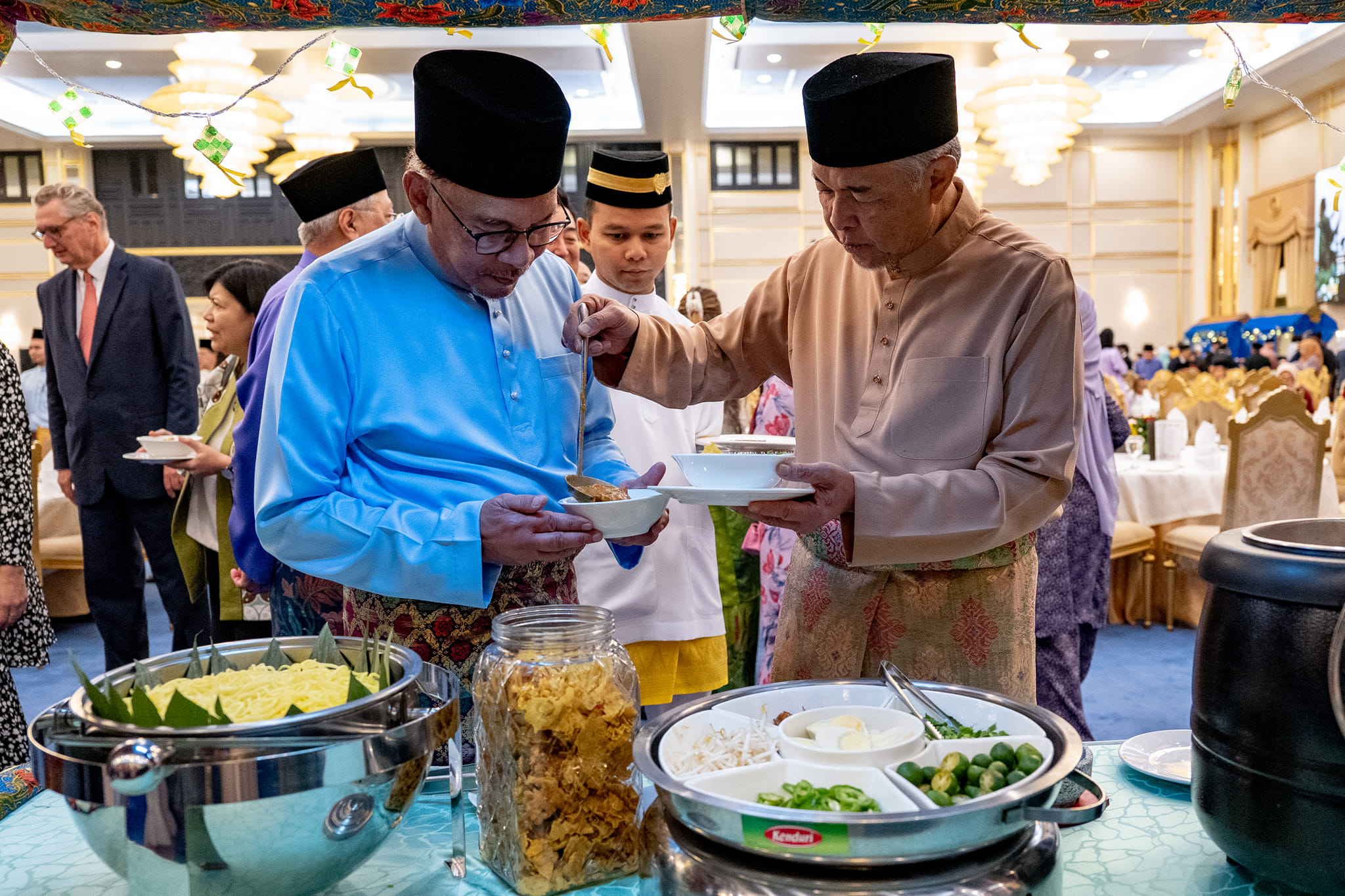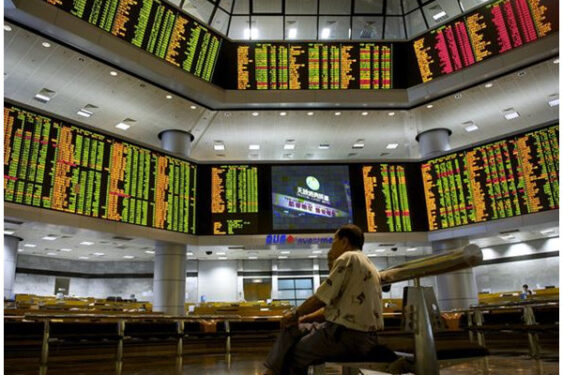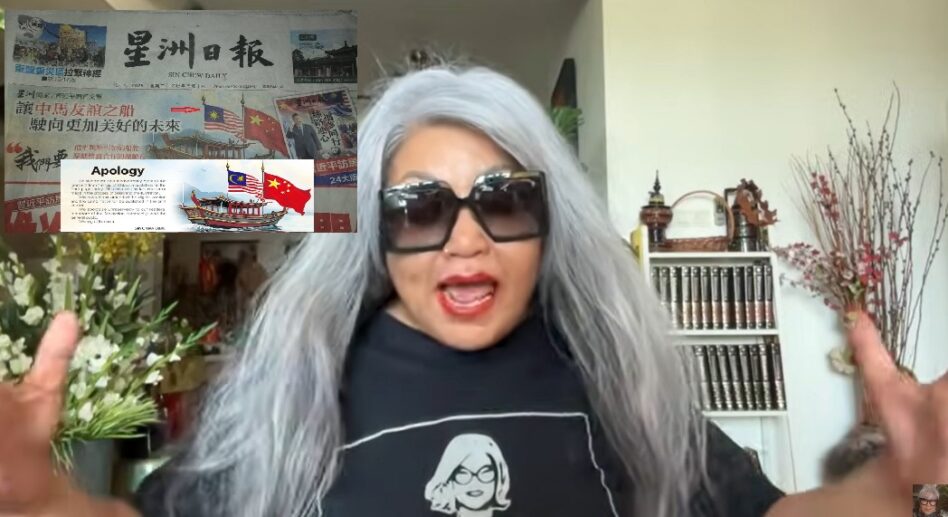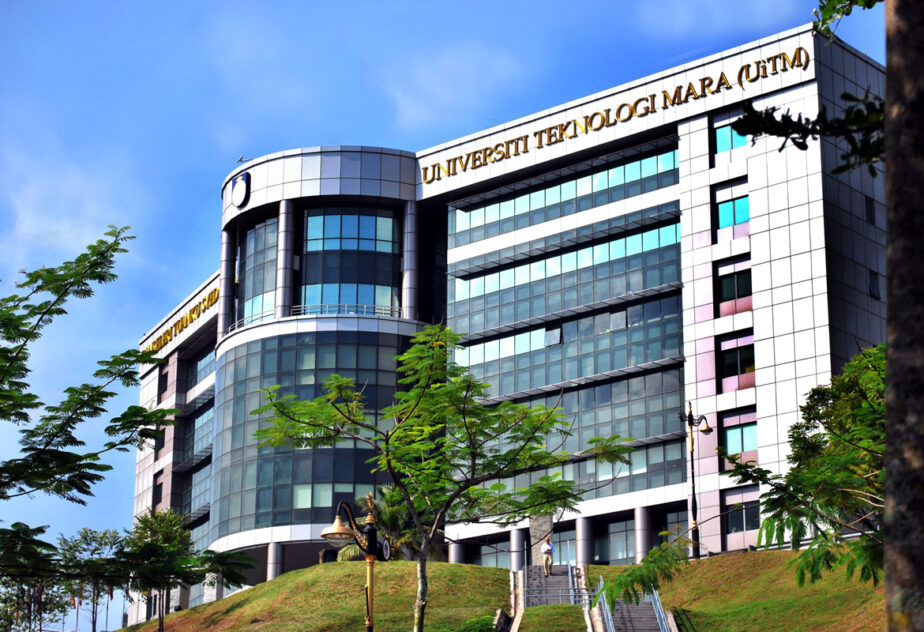FOR political strategists, it’s always important to map out and play through different political scenarios that could potentially face the government.
Below is one potential and probable scenario which Prime Minister (PM) Datuk Seri Anwar Ibrahim’s strategists must be concerned with and find preventative solutions to. That is ‘The art of war’.
Picture a very poor showing by the Pakatan Harapan-Barisan Nasional (PH-BN) coalition during the coming state elections. PH loses all the Malay majority seats in Penang. PH gets a firm beating in Selangor – just holding on – and Perikatan Nasional (PN) make up ground in Negri Sembilan.
This would install a sense of panic within the unity government. After six to seven months of the ‘unity coalition’, no ground has been made up against Perikatan, and the so called ‘green wave’.
This is a poor result for Anwar – meaning his government hasn’t been able to win over the hearts and minds of voters – and there will be growing crescendo of concerns over his legitimacy from opposition quarters.
From the Malay-centric viewpoint, we must understand that 7.2 million voters in Malaysia had that viewpoint that Anwar didn’t win any clear mandate by the people in the 15th General Election (GE15).
Anwar became PM by a re-combination of political parties – PH+BN+GPS (Gabungan Parti Sarawak) +++. This is how Tan Sri Muhyiddin Yassin became PM and this is how Datuk Seri Ismail Sabri Yaakob became PM.
That’s enough to have politicians from the Malay-centric side to start talking about forming a new government once again. They want a government that has sympathy towards their view of Malaysia.
Anwar at Zahid’s mercy?
However, there is no trigger or is there one?
The trigger could be Deputy PM Datuk Seri Ahmad Zahid Hamidi if he realises that his fate in the judicial system doesn’t look good and he may be convicted. If that became the case, then a cascade of events could occur which would bring down the Anwar administration.
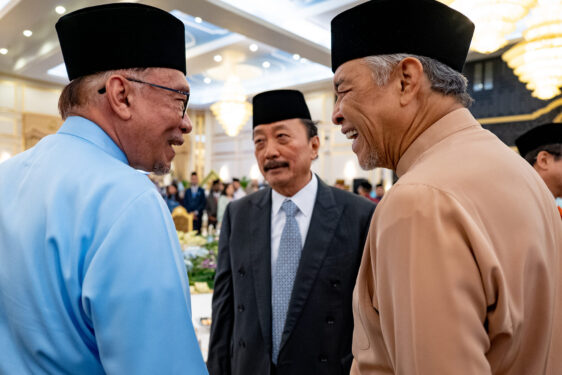
Zahid may have only 30 seats in his BN coalition. However, the MCA and MIC are starting to realise that the ‘unity government’ really doesn’t have a place for them. DAP or PKR are extremely unlikely to allocate MCA or MIC any seats in the coming state elections, other than those they can legitimately claim from within the BN.
Zahid holds Anwar as a political hostage. He is starting to wind up the pressure on Anwar. It’s clear that a ‘get out of jail free card’ is wanted. This implicitly for Zahid was the most important term of the coalition deal. The honouring of this deal – even though it may have been unsaid – is paramount to Anwar’s survival.
Under Zahid’s influence and persuasion are Sabah’s GRS (Gabungan Rakyat Sabah) with six seats and Sarawak’s GPS with 23 seats. Combined with BN, that gives Zahid 59 seats. That’s enough to re-combine with PN with 74 seats to control 133 seats in the Dewan Rakyat and take over the government.
With the perceived political persecution of Muhyiddin over his criminal charges, the Bersatu president would be more than willing to re-take government once again. This is thanks to the motivation Anwar gave him to do so.
Someone in the Anwar camp did not think through the potential political consequences of criminally charging Muhyiddin in a potentially unstable political environment. That should have been learnt in Political Science 101. PAS leaders are missing the trappings of political power as well.
So, there is a moral question facing Anwar today: is a ‘get out of jail free card’ worth it to stay in government?
There is also a question for the rakyat: at what cost do you want Anwar to remain PM? If you do, then don’t complain about handing out ‘get out of jail free cards’.
A final twist on this scenario might be that a break-up of the current unity coalition might lead to another general election rather than a swearing in of a new PM. PH might not get the 82 seats they won in the 14th General Election (GE14) this time around. – April 28, 2023
Australia-born Murray Hunter has been involved in Asia-Pacific business for the last 40 years as an entrepreneur, consultant, academic and researcher. He was previously an associate professor at the Universiti Malaya Perlis.
The views expressed are solely of the author and do not necessarily reflect those of Focus Malaysia.



